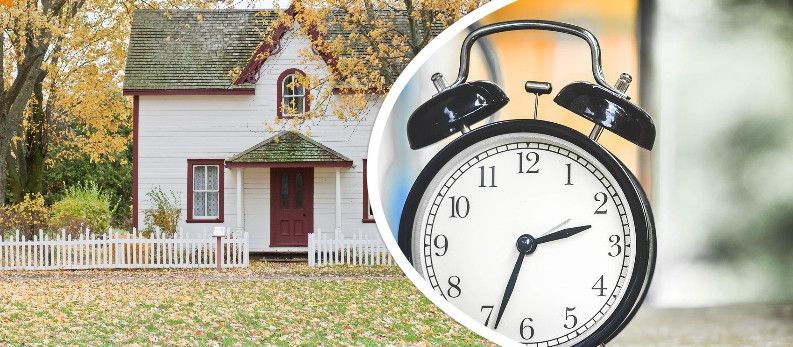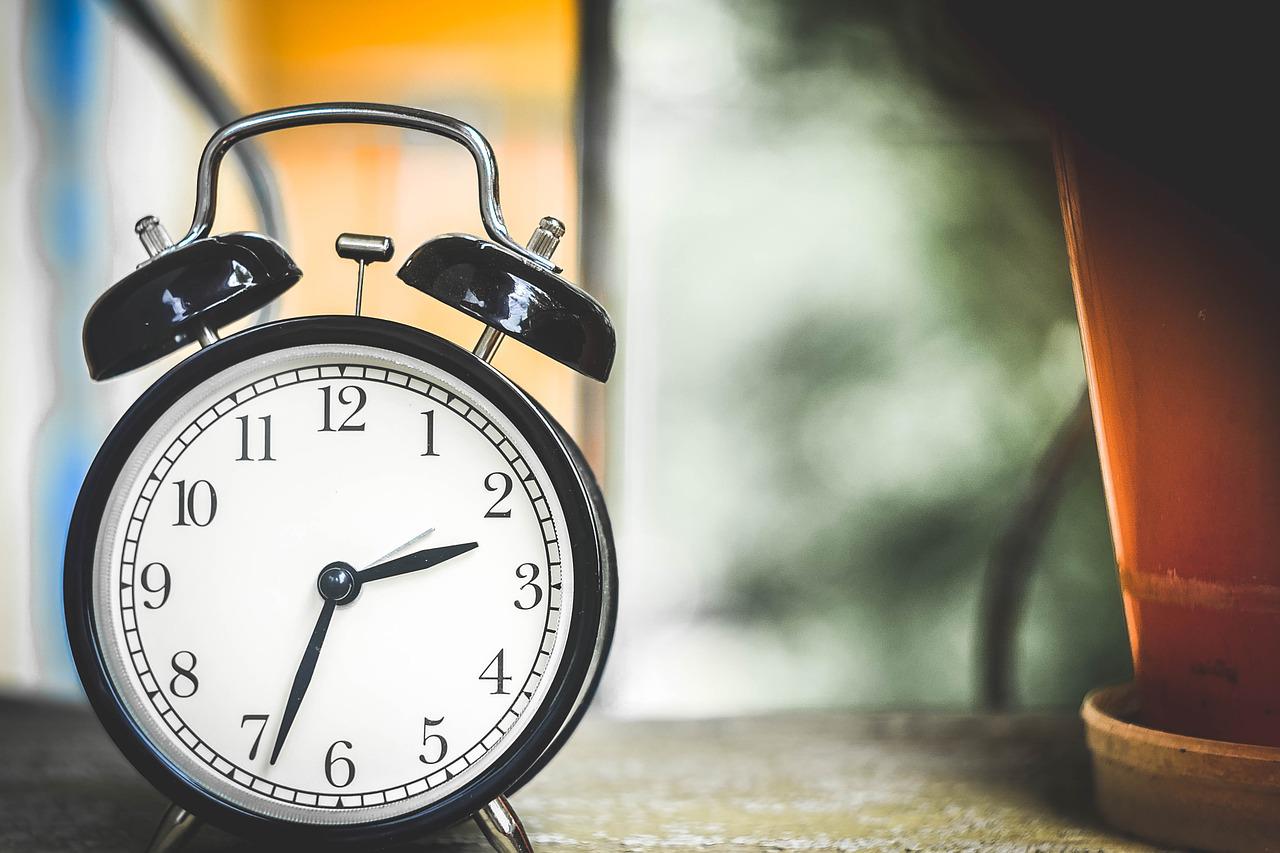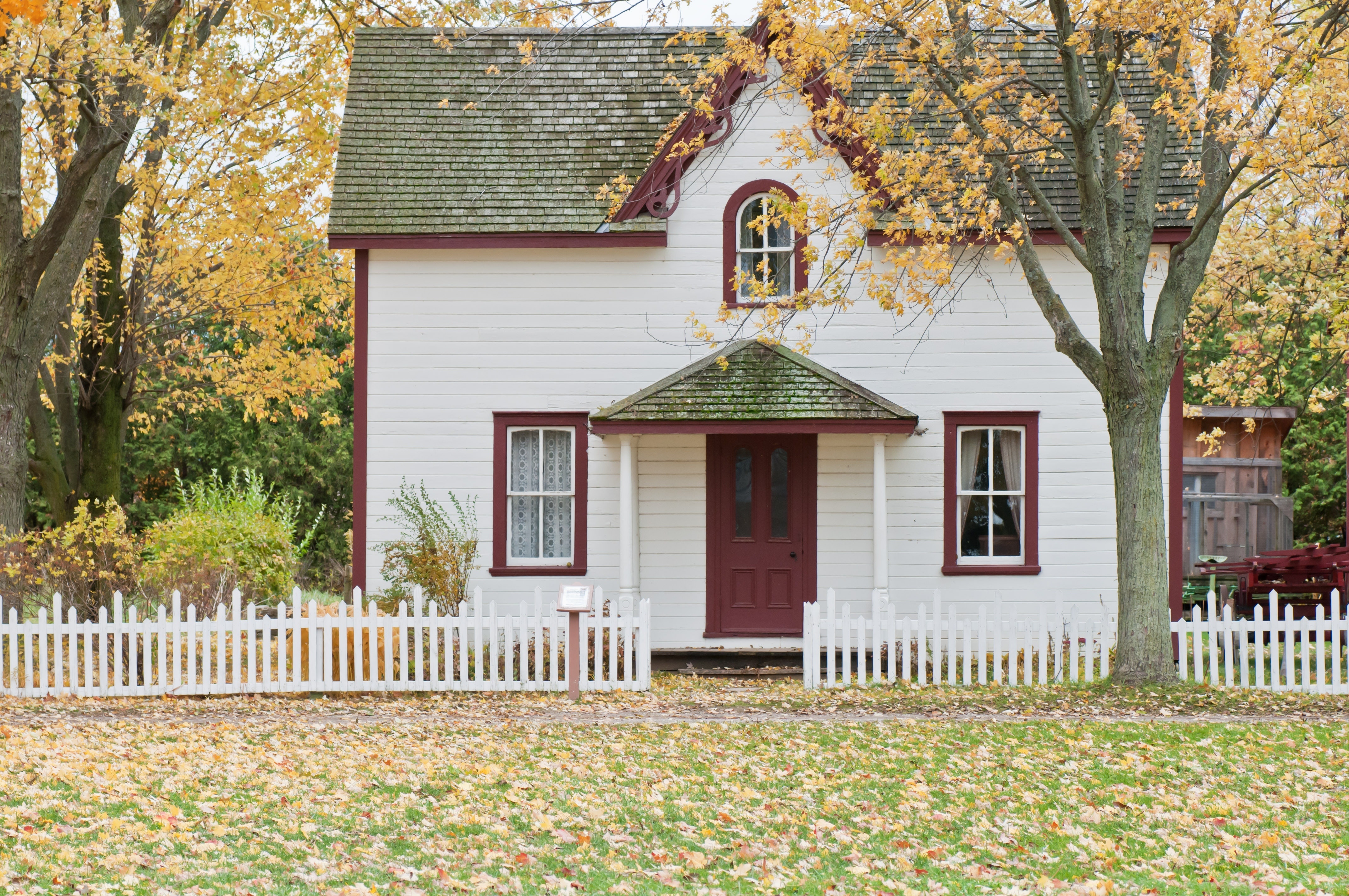


In many cases, if you die without a will (intestate) it is likely the assets will pass to the people you would wish to receive them (for instance, if you are single but have children and die without a will your children will be entitled to your estate) - but the rules of intestate succession do not always work in the way you would wish.
This is why having a will is important.
Very recently, I have encountered two cases in which surviving partners have experienced hardship because of odd sets of circumstances.
Although I have explained the difference between joint ownership and ownership in common in my previous articles, it’s worth just quickly repeating it: if you own something jointly then on your death it automatically passes to the survivor(s). So, if you own a house, a bank account, a painting or other asset jointly with someone then when you die, they become the owner.
If you don’t have a will, the intestacy rules have no bearing on that asset and likewise, even if you have a will purporting to pass your share in the asset to someone, it will be of no effect since your part ownership cannot be passed to someone else. Ownership in common is the opposite. It does not pass to the other owner and so you can leave it via your will or it can be inherited by others under intestacy if you don’t have a will.
My general advice is that if you wish a particular person (normally a partner) to benefit from your assets you should consider if it would be beneficial during your lifetimes to have those assets held jointly. As I’ve explained, since jointly-owned assets do not fall into the estate but simply pass to the survivor it means there is no stamp duty payable on those assets, which is another advantage.
Another benefit is the assets are (probably) immune from any attack or challenge against the estate. For instance, if a relative or some other person was able to successfully challenge the validity of the will (e.g. because the testatrix/testator was of unsound mind when they executed it) that can only affect the assets dealt with under the will, the jointly-owned assets not being included.

Pictured: "Early decisions are good decisions"
Recently, I came across a very sad situation in which long-term partners (not married) owned their home in common and there was no will written. It meant that the part of the house owned by the deceased passed to distant relatives instead of the partner. Nothing could be done since the relatives pressed for what was, at law, theirs to inherit.
It is hard to give generic suggestions in an article like this about how you should proceed in planning the division of your estate on your death because every situation depends on the particular circumstances, and of course, the wish of the testator/testatrix.
But, some general rules are:

Pictured: Olaf suggests "if you are married or in a long term committed relationship and you own real property, ensure it is owned jointly."
When I was taking my exams/flight tests to obtain a private pilot licence, I remember one of my instructors drumming this mantra into me: "Early decisions are good decisions, you can always change them if necessary”.
While it may seem a bit premature to start writing wills at an early age, I can assure you I have experienced many cases in which sadly people have died very young with no will in place to make the inheritance simple.
It’s never really too early to put a will in place and of course, you can always change it or revoke it if your situation changes: early decisions are good decisions.
This column first appeared in Connect Magazine, which you can read in full below...
If you want to be the first to read Olaf's next column, become an Express subscriber - it's free, and gets you exclusive first access to Connect every month. Click here to sign up now.
Comments
Comments on this story express the views of the commentator only, not Bailiwick Publishing. We are unable to guarantee the accuracy of any of those comments.